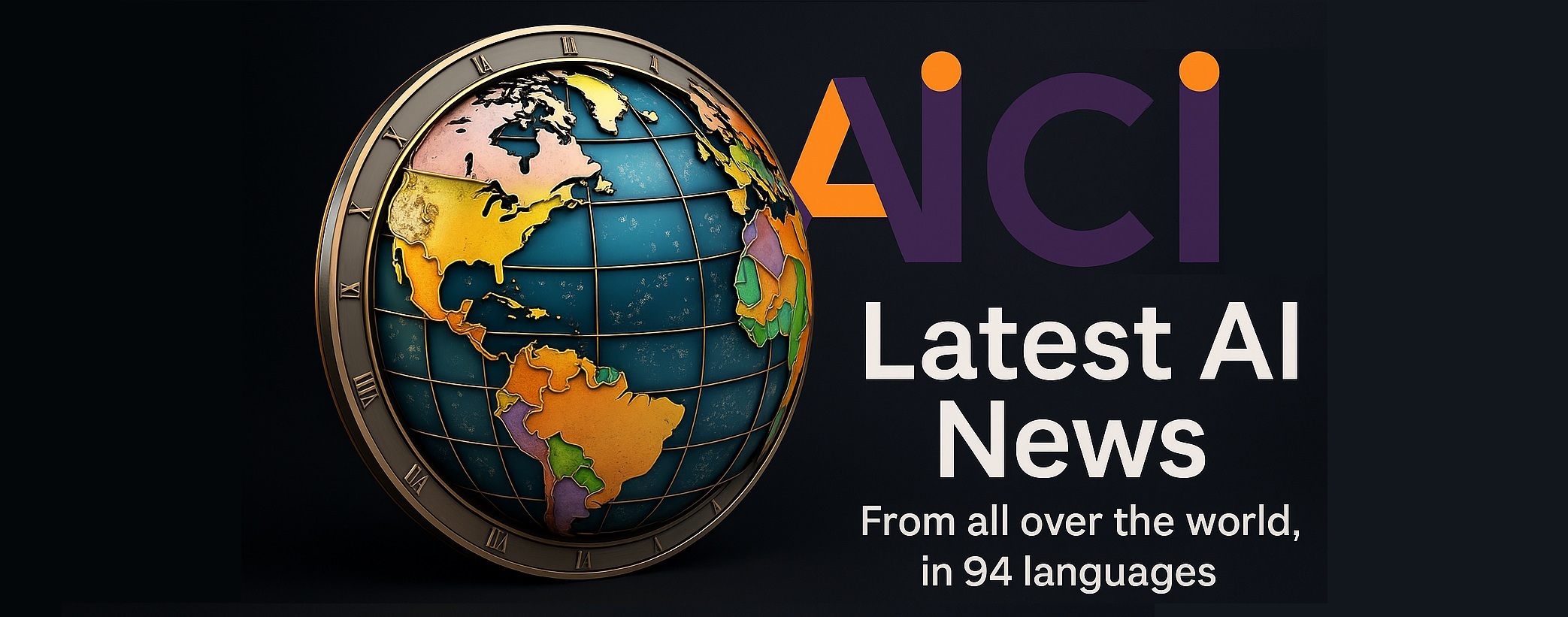August 1, 2025 - OpenAI CEO Sam Altman has officially confirmed that GPT-5 will launch 'some time this summer,' heralding what analysts describe as the most significant leap in large language model capability since GPT-3.5. The announcement, made during a closed-door investor briefing, revealed the model’s enhanced reasoning capabilities and reduced hallucination rates—critical advancements for enterprise adoption in legal and medical fields. This timeline accelerates earlier projections, positioning GPT-5 to capitalise on the current AI market euphoria that saw Microsoft briefly breach a $4 trillion valuation last week.
Technical previews indicate GPT-5 employs a novel mixture-of-experts architecture with dynamic parameter routing, allowing context-aware resource allocation during inference. Altman noted: 'It’s not just smarter—it understands when to seek additional information, mimicking human-like epistemic humility.' Early benchmarks show 40% faster complex task resolution compared to GPT-4o, particularly in multilingual scientific literature synthesis. Full performance metrics will be published ahead of launch via OpenAI’s gpt-5-technical-preview">developer portal, which also addresses concerns about energy consumption through sparse activation techniques.
The release intensifies the global foundation model race, with Google’s Opal and Anthropic’s Claude 4 vying for dominance in specialised domains. Crucially, GPT-5’s timing coincides with the EU’s AI code-of-conduct enforcement phase, forcing OpenAI to balance innovation with compliance—particularly around synthetic content watermarking. This underscores the growing tension between rapid iteration cycles in generative AI and the slower pace of regulatory frameworks, a challenge that may define the industry’s next competitive frontier as quantum AI research gains momentum.
Our view: While GPT-5’s capabilities excite, the real test lies in responsible scaling. OpenAI’s transparency about limitations is promising, but without independent auditing mechanisms, 'epistemic humility' remains a marketing term. The industry must prioritise verifiable safety benchmarks over speed-to-market, especially as these models increasingly influence high-risk decisions.

beFirstComment